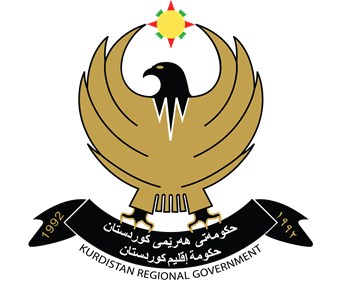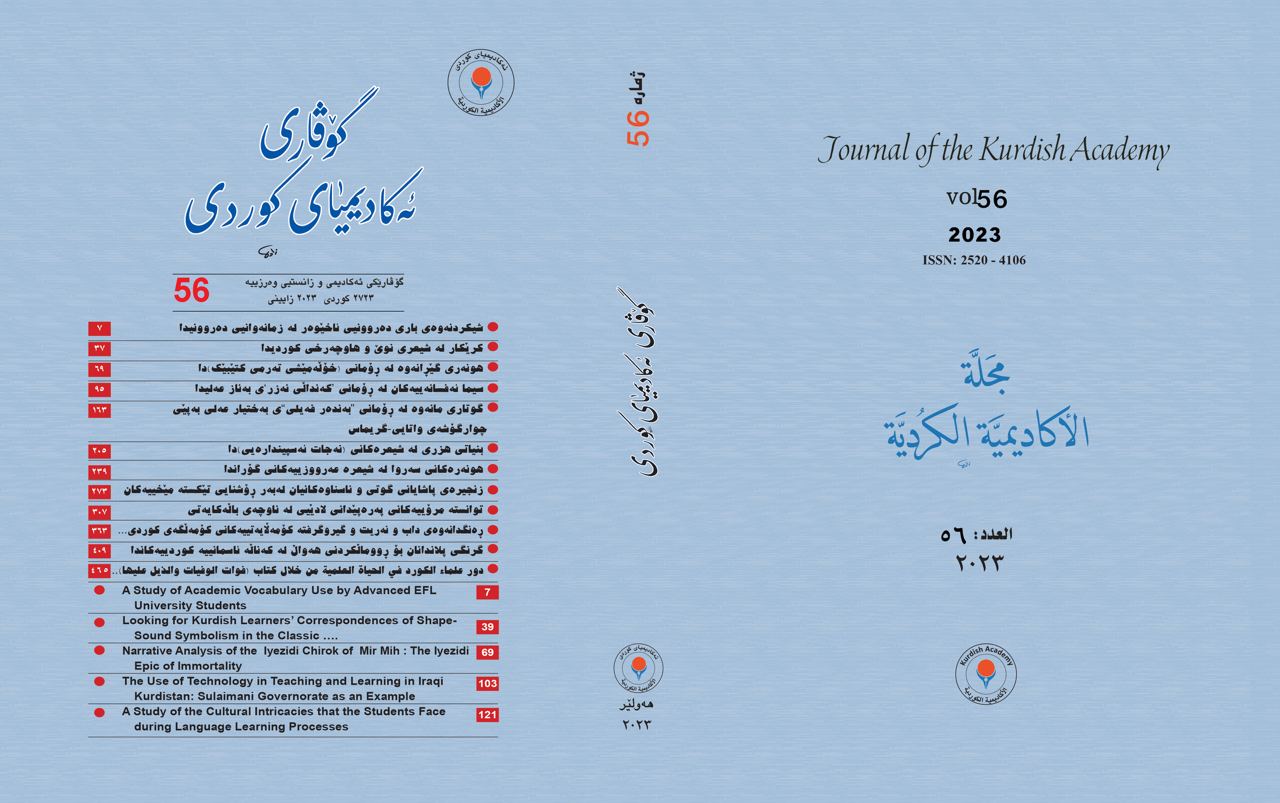دەقی (لەدەستم دێ)ی (عبدالله پەشێو) لە روانگەی رەخنەی دەروونشیکارییەوە (تیۆر و چەمکەکانی دەروونشیکاری (فرۆید)ی بە نموونە)
DOI:
https://doi.org/10.56422/ka..56.349Keywords:
psychoanalytic criticism, poetry text, unconsciousness, consciousness, RepressedAbstract
The psychoanalytic criticism approach, influenced by the school of psychoanalysis (especially the theories, opinions, terms and concepts of Sigmund Freud), believes that the poetic text is the product of the desires and instincts repressed from the subconscious of the writer who could not implement and enjoy them in his life. This situation of conflicts, lack of psychological calmness, and the continuation of the retrieval of repressed instincts to the unconscious by (Id) and (Super Ego) prevails over the text (.(لە دەستم دێ This text is the result of the poet's inability to apply the two instincts of anger and his revenge on his beloved and bring them back to his personal subconscious, who suffers from severe internal and psychological conflict, as a result of a constant struggle between the personality (Id) of the poet who wants to satisfy these instincts in reality in a direct way without referring to his bad results And between (Super Ego) who wants the poet to fulfill the requests of (Id) in a legitimate way and in harmony with reality and public morals. This research is entitled (The Text of (لەدەستم دێ) by (Abdullah Pashew) from the perspective of the psychoanalytic criticism approach (Freud's theory and concepts in psychoanalysis as an example) It is an attempt to analyze this text from the perspective of this critical approach. The research consists of an introduction and two chapters, followed by Conclusions and list of references.





